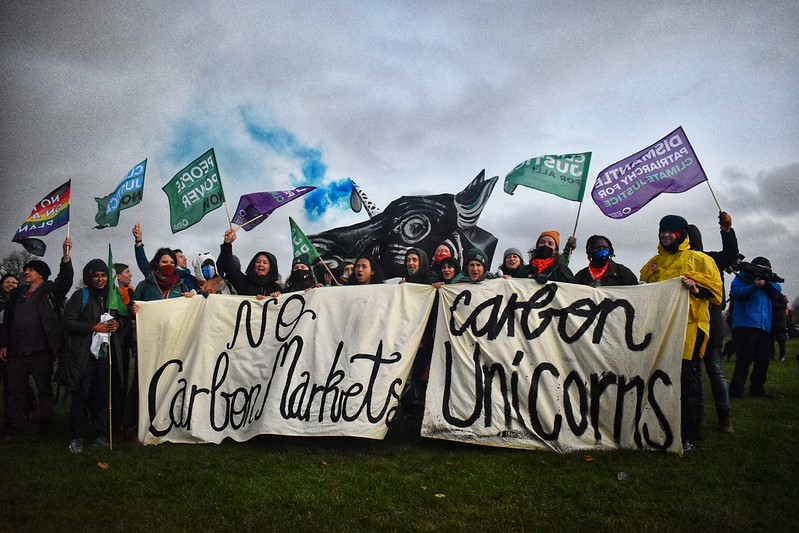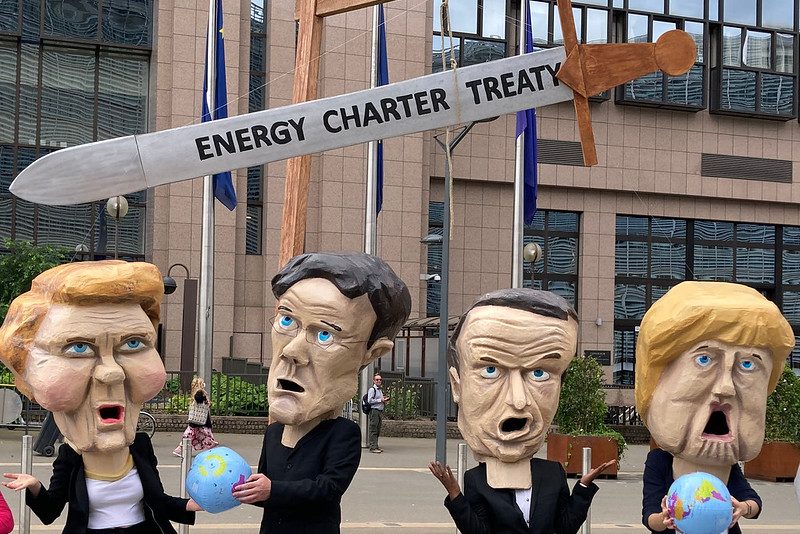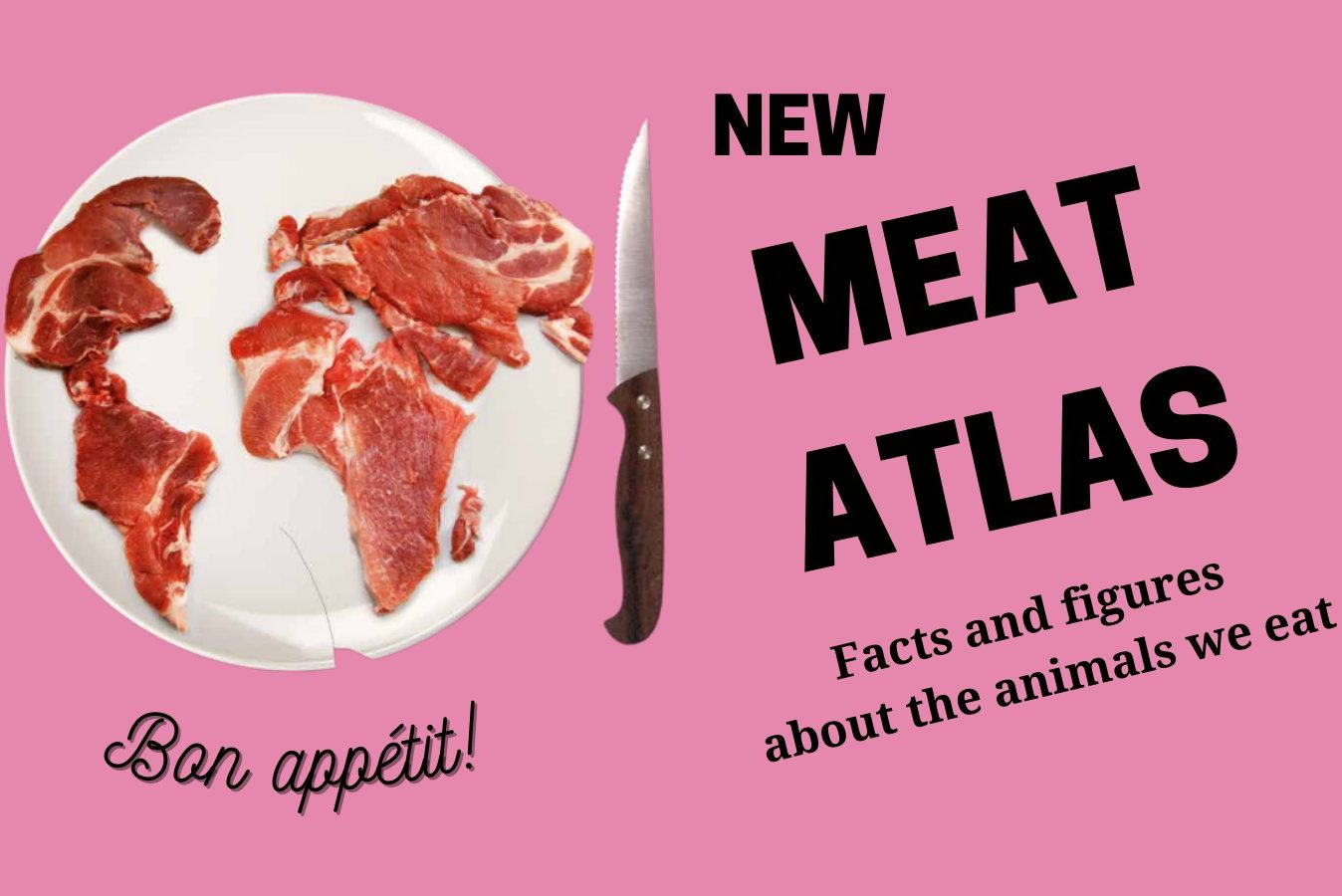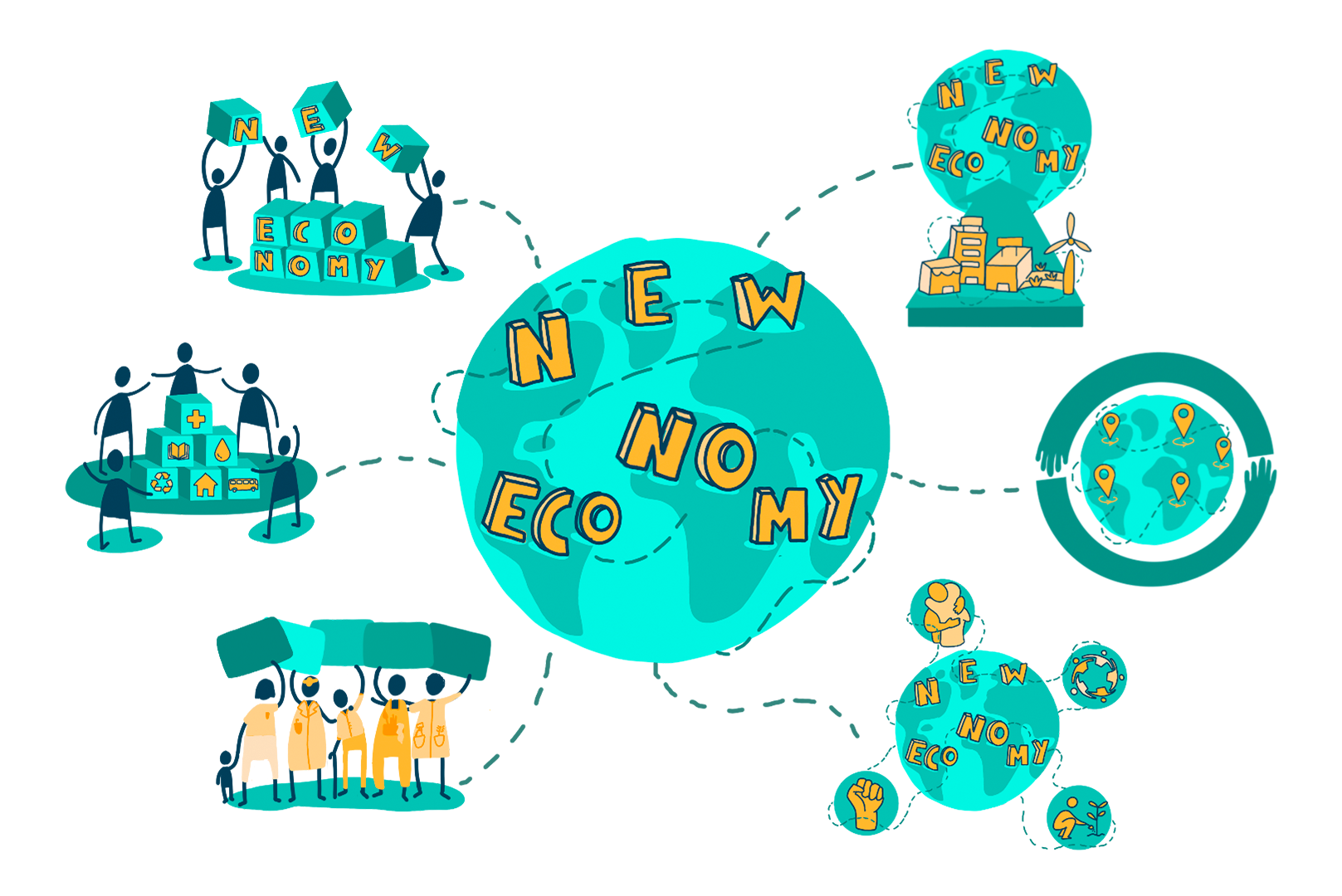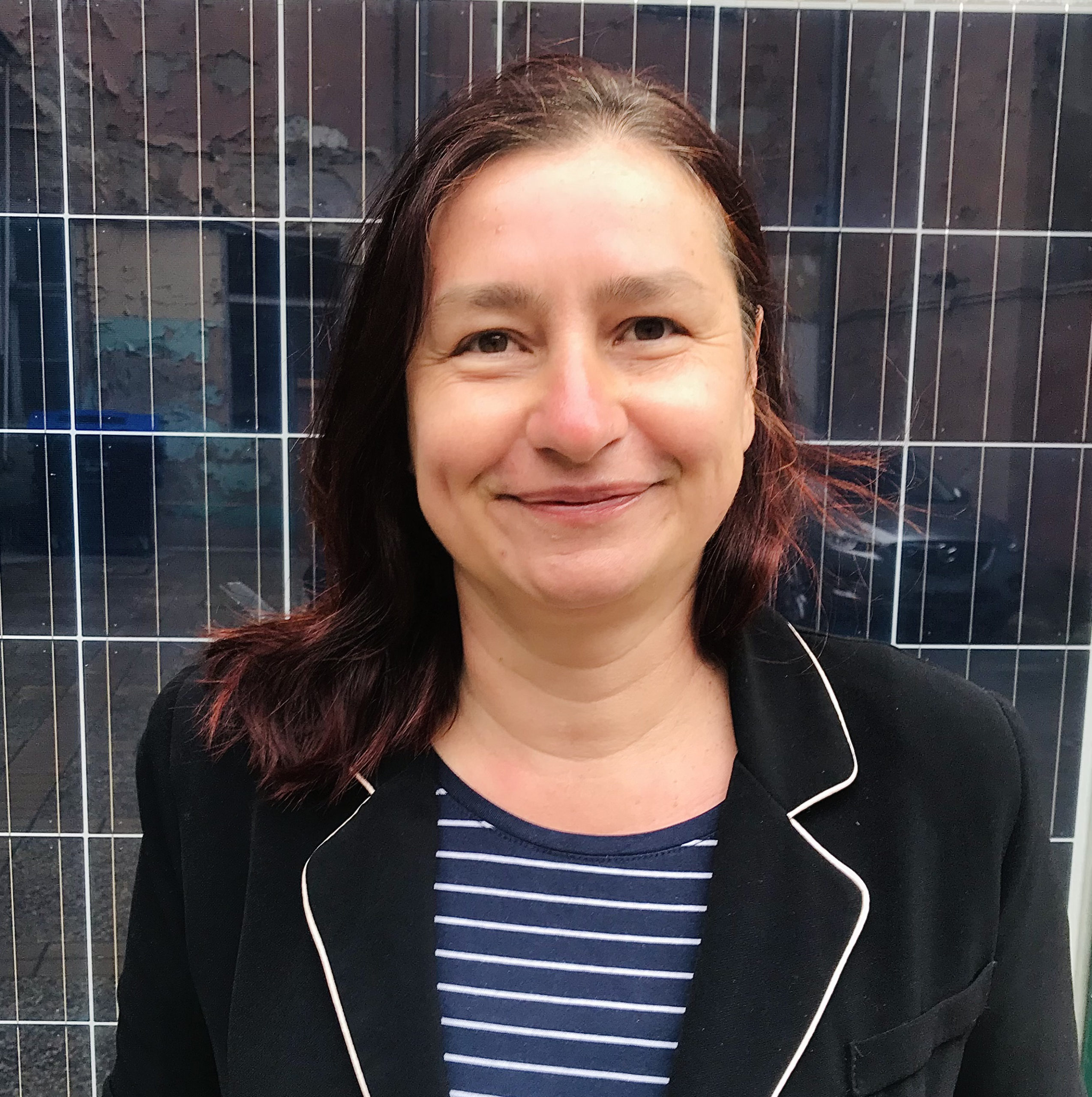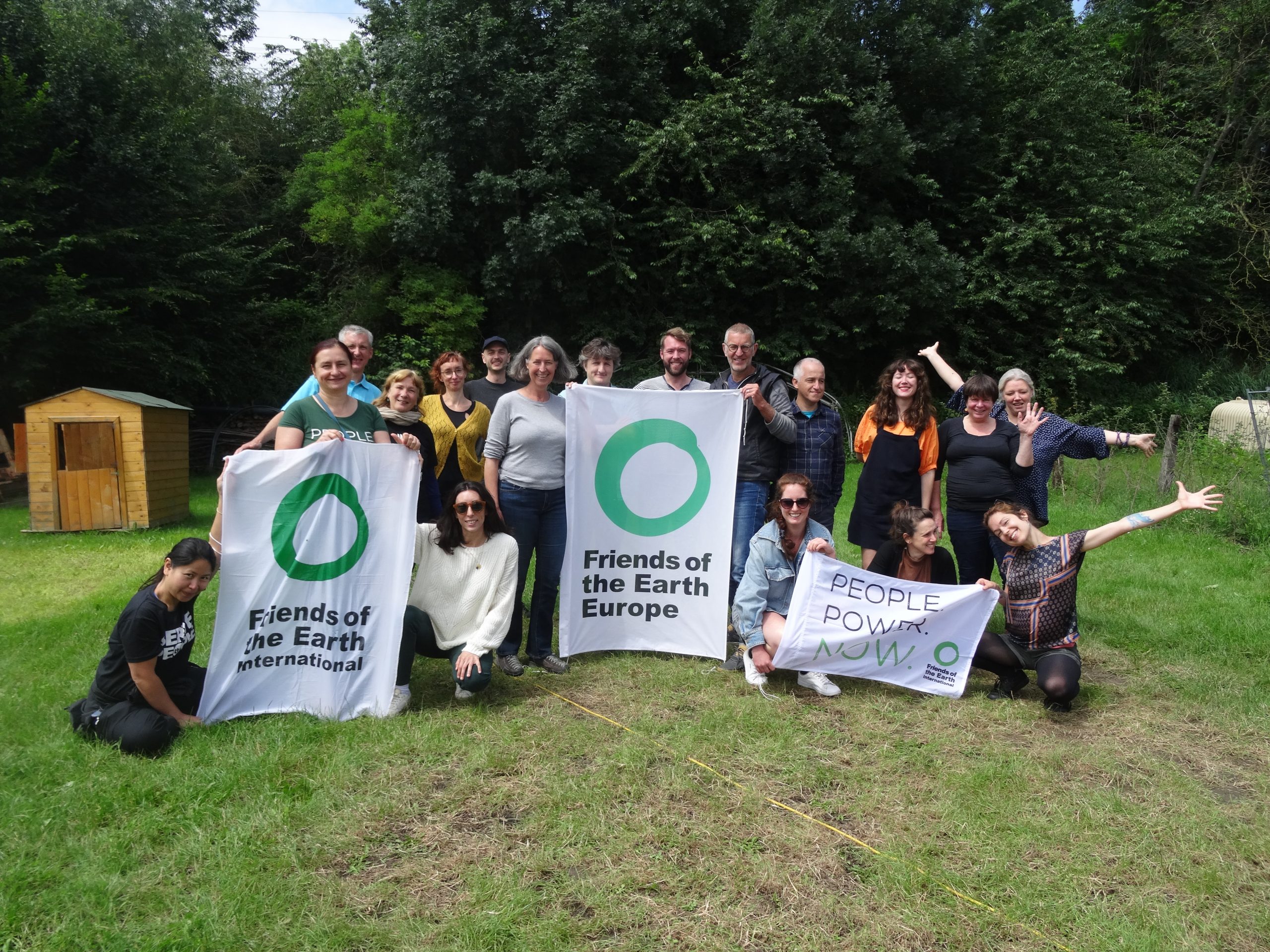We had hoped that 2021 would allow us to put Covid-19 behind us. That was not to be. Wave after wave of the pandemic has taught us many things – about patience and adaptability, organising effectively remotely, the strength and connectedness of Friends of the Earth’s grassroots network, and the centrality of solidarity in response to global challenges.
The pandemic has shown how Friends of the Earth’s vision and narrative – of interconnected environmental and social justice – is more vital than ever. Indeed, the inequity of access to life-saving Covid-19 vaccines epitomises the injustice at the root of the struggle for a fairer world.
We have seen that ‘building back better’ is not a given. After two years, the rich have become richer and the poor poorer whilst little has been done to address the climate emergency.
Minds are now, rightly, consumed by the horrific illegal war Putin has waged on Ukraine. War is the worst thing that can happen to people and nature. We call for 2022 to be a turning point, away from armed conflict, and away from the fossil fuel era has fuelled conflicts worldwide.
Fierce public campaigning will be needed to gain support for the just solutions – and the inevitable trade-offs – to the multiple interlocking crises we face and to build back fairer, sustainable, peaceful societies.
One vehicle for such campaigning is the European Green Deal. We continued to look at Green Deal proposals through a justice lens and to advocate for progressive policies. A pre-requisite for this must be the removal of obstacles. Our Fossil Free Politics campaign is exposing perhaps the biggest barrier; the stranglehold of fossil fuel corporations.
At the same time, we have witnessed some previously overlooked issues, like energy poverty and agroecology, start to get the public and political attention they deserve. And Young Friends of the Earth Europe have been bringing the voice of youth into the Green Deal debate and opening-up space for transformational and just policy proposals.
Another important truth revealed by the pandemic, is that governments can act fast and implement society-wide changes when there is political will. This learning must be transferred to the climate crisis. The new IPCC reports makes it devastatingly apparent that too much time has been wasted and the only pathways that remain out of climate catastrophe are exceedingly difficult. We need systemic changes to decrease inequality and increase sustainability. This means abandoning the fallacy of market solutions and so-called ‘green’ or ‘sustainable’ growth, as we have advocated in our ‘7 sparks to light a new economy’ paper.
Learning is a principle we seek to apply internally, as well as in what we demand of others. Last year, we trained local organisers to implement community renewables projects across Europe. And we hosted discussions on intersectionality, focusing on gender and racial justice – and developed new alliances in doing so.
Friends of the Earth Europe will continue to learn and to be at the forefront of creating the space for change.




